Introduction to international standards organizations and standards related to fasteners
A fastener is a mechanical part that fastens two or more parts (or components) into a whole. The application range of fasteners is very wide, involving almost all industrial fields, including machinery, electronics, electrical appliances, construction, transportation, aerospace, etc. The production, manufacturing and application of fasteners involve many international and national standards. This article aims to sort out the basic situation of relevant international standards organizations and standard examples designed to facilitate the reference of practitioners and researchers in the fastener industry.
1. International Organization for Standardization (ISO)
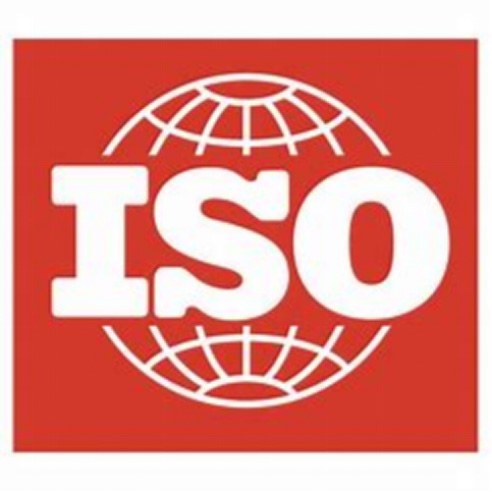
The ISO organization was founded in 1947 and is headquartered in Geneva, Switzerland. The organization is the world's international standardization organization, consisting of members from 167 countries. Its main job is to formulate international standards to promote international trade and cooperation. ISO standards are widely recognized around the world and are important technical references for the fastener industry.
According to information, there are about 378 current international standards related to fasteners formulated by ISO, involving bolts, nuts, screws, washers, pins and other fasteners.
Example:
ISO 898-1 – Mechanical properties of fasteners made of carbon steel and alloy steel Part 1: Bolts, screws and studs with specified property classes – Coarse thread and fine pitch thread
ISO 898-2 – Mechanical properties of fasteners made of carbon steel and alloy steel – Part 2: Nuts with specified property classes – Coarse thread and fine pitch thread
2. German Institute for Standardization (DIN)
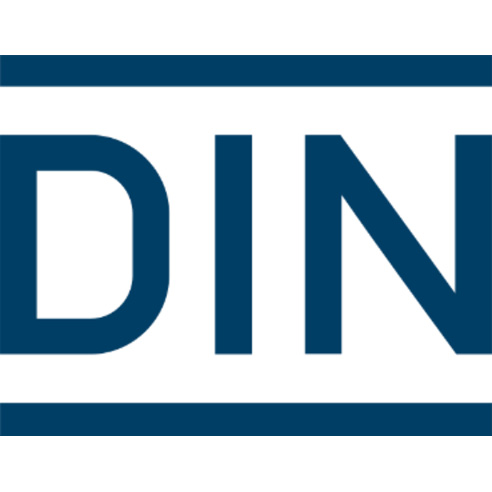
The German Institute for Standardization (DIN) was founded in 1917 and is headquartered in Berlin, Germany. This organization is Germany's national standardization organization and one of the early national standardization organizations in the world. Its main job is to formulate German standards to promote the development of German industry, and the standards formulated are known for their strict technical requirements and high quality.
It is understood that there are more than 910 current standards related to fasteners formulated by DIN, and these standards are widely used in Europe and other parts of the world.
Example:
DIN 918 Fasteners – Terminology, spelling of terms, abbreviations
DIN 931-2 Hexagon head bolts – Part 2: Metric thread M 68 to M 160 x 6 – Product grade B
DIN 6303 Knurled nuts+B399
3. British Standards Institution (BSI)
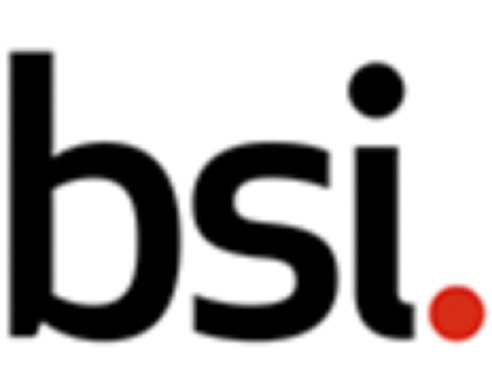
The British Standards Institution (BSI) was founded in 1901 and is headquartered in London, England. The association is the UK's national standardization organization and one of the world's early standardization organizations. BSI's main job is to develop British Standards to promote the development of British industry. BSI standards are known for their practicality and ease of use.
It is understood that there are more than 1,016 current standards related to fasteners formulated by BSI. These standards are widely used in the UK and other Commonwealth countries.
Example:
BS 3692 – ISO Metric Precision Hexagon Bolts, Screws and Nuts – Specification
BS 4168-7 – Hexagon Socket Screws and Wrench Keys: Metric Series – Part 7: Specification for Hexagon Socket Shoulder Screws
4. American Society of Mechanical Engineers (ASME)
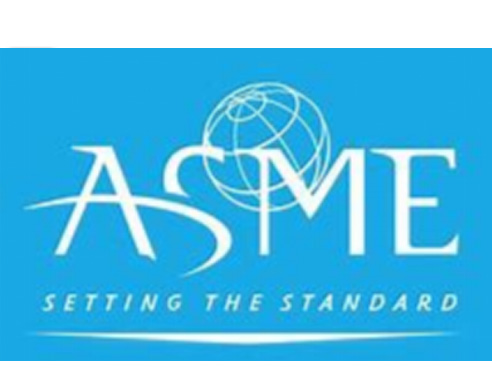
The American Society of Mechanical Engineers (ASME) was founded in 1880 and is headquartered in New York, USA. The association is a non-profit engineering professional organization in the United States dedicated to promoting the advancement of engineering technology. ASME's primary job is to develop American standards to promote the development of American industry. ASME standards are known for their high technicality and safety.
It is understood that ASME has about 65 current standards related to fasteners, and these standards are widely used in North America and other parts of the world.
Example:
ASME B18.2.1 – Square, Hex, Heavy Hex, and Askew Head Bolts and Hex, Heavy Hex, Hex Flange, Lobed Head, and Lag Screws (Inch Series)
ASME B18.2.2 – Nuts for General Applications: Machine Screw Nuts, Hex, Square, Hex Flange, and Coupling Nuts (Inch Series)
5. American Society for Testing and Materials (ASTM)
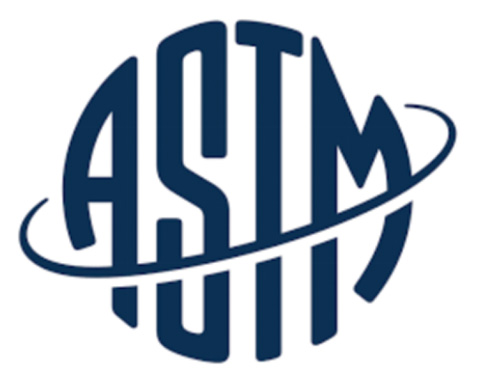
The American Society for Testing and Materials (ASTM) was founded in 1898 and is headquartered in West Conshohocken, Pennsylvania, USA. The association is an international standards organization that develops standards related to materials, products, systems and services. ASTM's main job is to develop American standards to promote the development of American industry. The standards it sets are known for their scientific nature and reliability.
According to information, ASTM has developed approximately 118 current standards related to fasteners, and these standards are widely used in North America and other parts of the world.
Example:
ASTM F1554 – Standard Specification for Anchor Bolts, Steel, 36, 55, and 105-ksi Yield Strength
ASTM F1667 – Standard Specification for Driven Fasteners: Nails, Spikes, and Staples
6. International Fastener Institute (IFI)
The International Fastener Institute (IFI) was founded in 1931 and is headquartered in Chicago, Illinois, USA. The association is an international trade association that represents the interests of global fastener manufacturers and suppliers and is committed to promoting international trade and cooperation in the fastener industry. The main job of IFI is to promote international trade and cooperation in the fastener industry.
It is understood that there are about 118 current standards related to fasteners developed by IFI. These standards are widely used in North America and other parts of the world and are often used by mechanical engineers, mechanics and other machine screws, bolts, nuts and other engineering fasteners. Part manufacturers use it as a design guide.
Example:
IFI-100/107 – Prevailing-Torque Type Steel Hex and Hex Flange Nuts Regular and Light Hex Series
IFI-110 – Glossary of Terms Relating to Blind Rivets
7. Japan Industrial Standardization Committee (JIS)
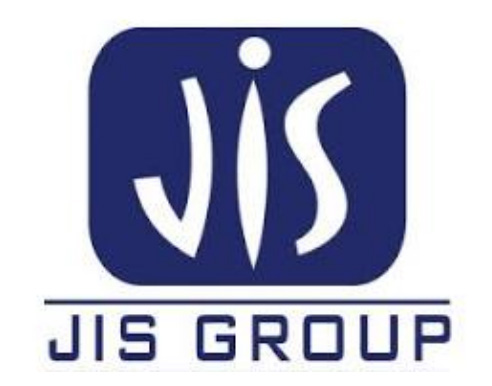
The Japan Industrial Standardization Committee (JIS) was established in 1949 and is headquartered in Tokyo, Japan. It is responsible for formulating Japan's national standards to promote the development of Japanese industry. The standards developed by the organization are known for their rigor and consistency.
It is understood that there are about 210 Japanese standards related to fasteners formulated by JIS, and these standards are widely used in Japan and other parts of Asia.
Example:
JIS B 1041 – Fasteners – Surface Discontinuities – Part 1: Bolts, Screws and Studs for General Requirements
JIS B 1044 – Fasteners – Electroplated Coatings
8. Others
In addition, some other countries and industry associations will also formulate some standards and specifications related to fasteners, which have been applied and recognized to a certain extent to a certain extent. Such organizations and their fastener-related standards include:
1. Society of Automotive Engineers (SAE)
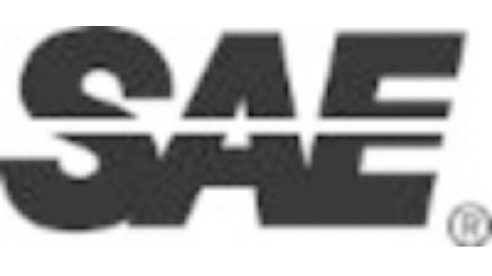
The association is a global organization focusing on the aerospace, automotive and commercial vehicle industries, with more than 138,000 members. Mainly formulates voluntary consultation standards. SAE specifications provide mechanical and material requirements for fasteners used in the automotive and other related industries. Such as J429 specification (covering Class 2, 5 and 8 bolts) and J995 specification (for steel nuts).
Related standards:
SAE J429 Mechanical and material requirements for externally threaded fasteners.
SAE J995 Mechanical and material requirements for steel nuts.
2. American Association of State Highway and Transportation Officials (AASHTO)
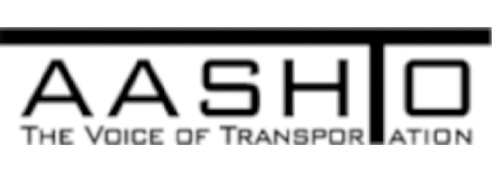
The association represents U.S. state highway, air, rail, waterway and public transportation systems. Publishes testing protocols, specifications, and guidelines for the design and construction of U.S. highways. AASHTO specifications can often be converted directly to ASTM specifications.
Relevant standard number:
1. Bolts: AASHTO M164, AASHTO M314, AASHTO M291, AASHTO M253; 2. Nuts: AASHTO M292; 3. Plating: AASHTO M232; 4. Washers: AASHTO M293
3. American Iron and Steel Institute (AISI)
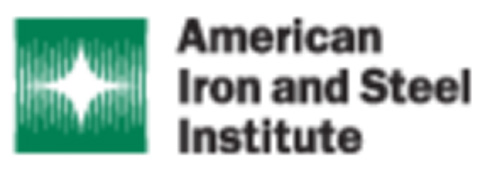
The association's predecessor was the North American Steel Producers Association, which was founded more than a century ago. The association advocates for the support of competitive domestic manufacturing and works to make steel a desirable material for a variety of applications, including fasteners. The association primarily provides information on the many types of steel used in the fastener industry.
Related standards:
AISI S100: North American Specification for the Design of Cold-Formed Steel Structural Members
AISI S200: North American Standard for Cold-Formed Steel Framing - General Provisions
4. American National Standards Institute (ANSI)
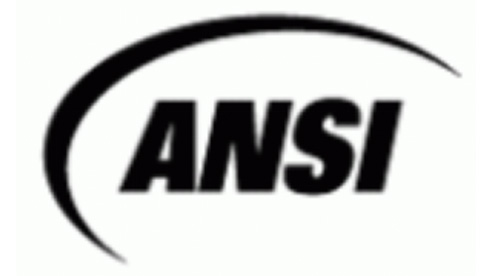
The association is the voice of the U.S. standards and conformity assessment system, overseeing the creation, publication and use of thousands of guidelines. Its guidelines cover everything from acoustics to construction equipment, from dairy to energy distribution. ANSI does not directly set fastener standards, but its recognized standards are widely used.
Related standards:
ANSI B18.2.1: Square, Hex, Heavy Hex, and Askew Head Bolts and Hex, Heavy Hex, Hex Flange, Lobed Head, and Lag Screws (Inch Series)
ANSI B18.6.3: Machine Screws, Tapping Screws, and Metallic Drive Screws (Inch Series)
5. Canadian Standards Association (CSA)
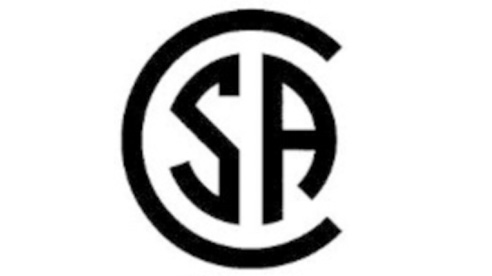
CSA is Canada's standards development organization. It was founded in 1919 and has now developed into Canada's standards development organization. The standards it formulated have been widely recognized and applied in Canada and the United States.
Related standards:
CSA G40.21 Structural quality steel shapes, plates, and bars.
Relying on years of standard service experience and combining international standard systems and project realities, 100% continues to conduct in-depth research on the standard systems and their applications of relevant countries and international organizations, and continues to share them with industry colleagues, striving to do its best for the industry.
The above information is for industry reference only. For more information, you can follow the 100% public account or contact us. At the same time, colleagues who are interested in this work are welcome to provide valuable suggestions and opinions to 100%. Contact numbers: 18831690928, 18678822802, Service WeChat: 302865926, 18678822802.



